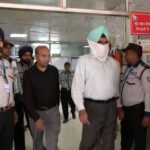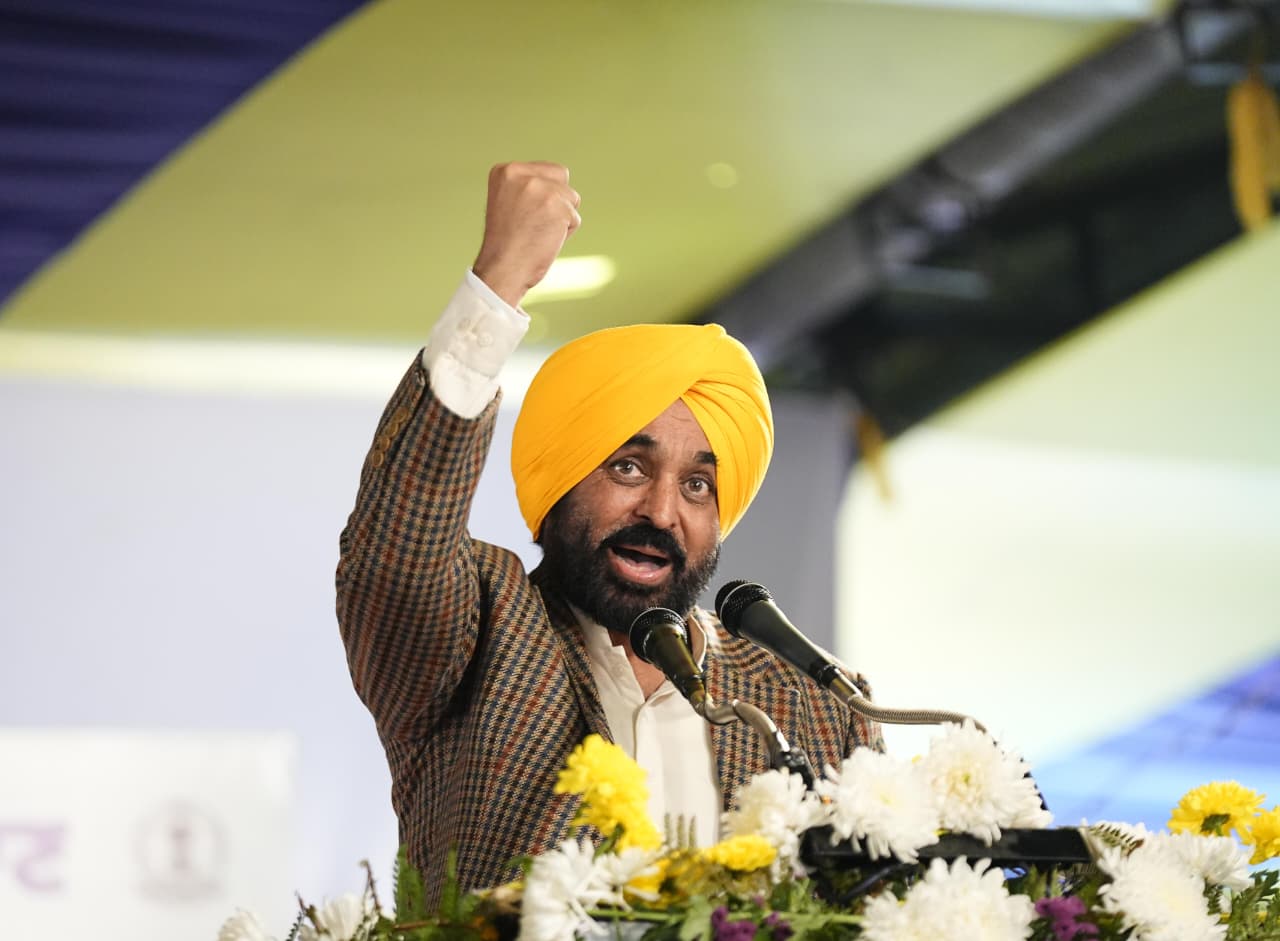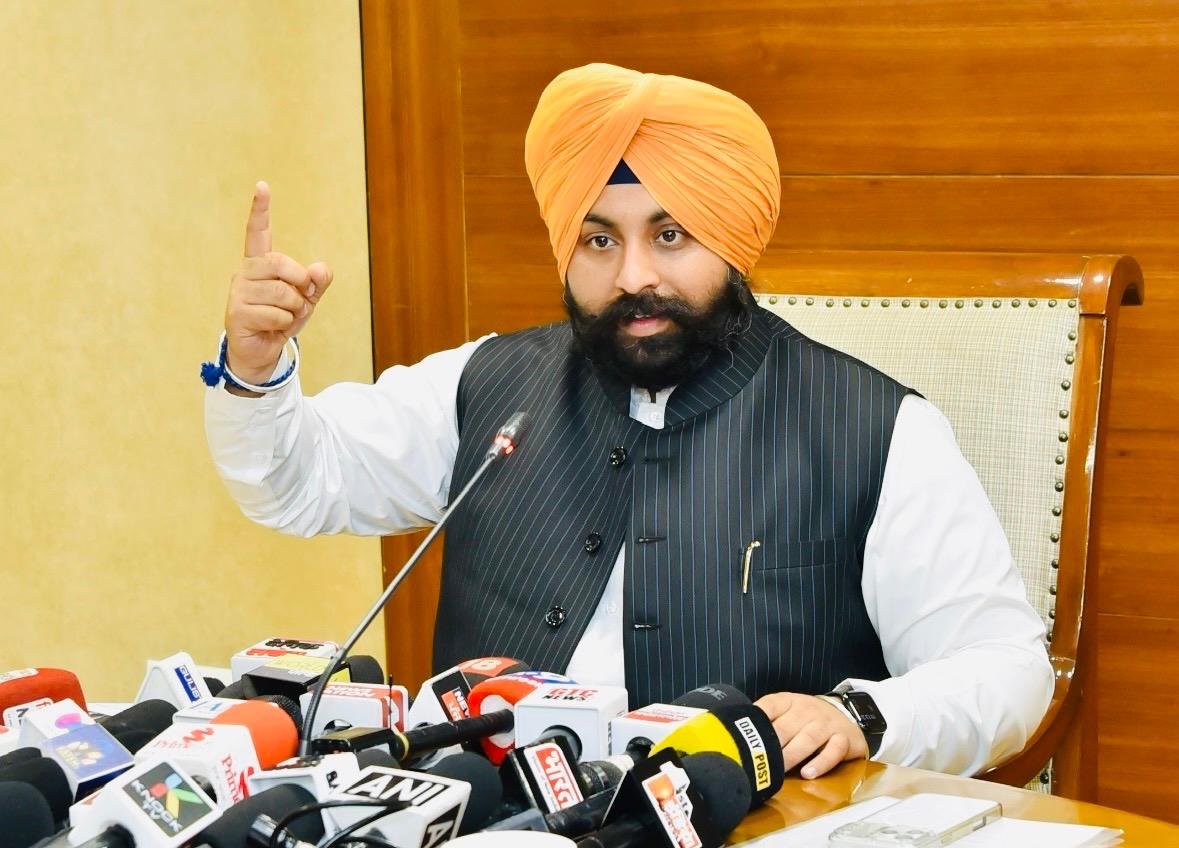Listen To This Post
Chandigarh: The Punjab and Haryana High Court on Friday asked the petitioner seeking a Central Bureau of Investigation (CBI) probe into the death of Haryana-cadre IPS officer Y. Puran Kumar to first substantiate allegations of bias or lapses in the ongoing Chandigarh Police investigation before the court could consider transferring the case to a central agency.
A Bench of Chief Justice Sheel Nagu and Justice Sanjiv Berry was hearing a public interest litigation (PIL) filed by Navneet Kumar, who sought a CBI probe into the death of the 2001-batch IPS officer. Kumar, who was posted as Additional Director General of Police (ADGP), was found dead at his residence in Sector 11, Chandigarh, on October 7, having allegedly shot himself with his service weapon.
Appearing for the petitioner, Advocate Navneet Kumar contended that an independent probe by a central agency was necessary to “restore public confidence in the system,” as the deceased officer had allegedly named over a dozen senior IAS and IPS officers in his purported suicide note. He further claimed that the officer had been “systematically victimised” and that even the police officer who had earlier investigated him had later died by suicide — a sequence of events that, he argued, warranted a CBI investigation.
Opposing the plea, counsel for the State of Haryana questioned both the factual basis of the petitioner’s claims and his locus standi to approach the court. “You are a resident of Punjab, filing a PIL on an issue arising in the Union Territory of Chandigarh. The complainant, the officer’s wife, has not come forward. Where is your locus?” the counsel asked.
The Bench also took note of the fact that a Special Investigation Team (SIT) headed by a senior IPS officer had already been constituted by the Chandigarh Administration to probe the case. “There must be some material on record showing bias, flaws in investigation, or political interference. None has been placed before us,” the court observed.
When the petitioner argued that the Supreme Court had, in several cases, transferred investigations to the CBI to maintain public faith, the Bench asked him to cite any precedent where such a transfer was ordered without any evidence of defects or bias in the ongoing probe. “That by itself — a senior officer’s suicide — cannot be a ground for CBI inquiry. You have to point out some anomaly in the investigation,” Chief Justice Nagu said.
The Bench also deliberated on whether the contents of the suicide note could attract a charge of abetment to suicide under Section 306 of the IPC, observing that mere administrative or departmental action does not automatically constitute abetment. “Even if a person is harassed departmentally or transferred, that by itself cannot make out an offence under Section 306,” the court remarked, asking the petitioner to cite any instance where such conviction had been upheld by the Supreme Court.
During the hearing, the court noted that the alleged suicide note referred to transfers, lack of official facilities, and departmental harassment, but clarified that these would remain matters of trial and evidence.
Opposing counsels maintained that the PIL was “premature” and that there were “no exceptional circumstances” warranting CBI intervention at this stage. “Such a move would rather scuttle the ongoing investigation,” they argued. After hearing both sides, the Bench directed the petitioner to prepare his submissions further and posted the matter for hearing next week.















